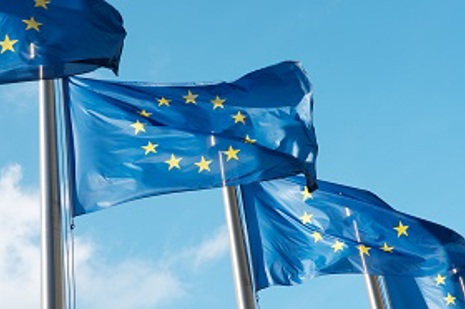
Aviation is committed to reaching net-zero CO2 emissions by 2050. And in 2022 governments formally agreed to support that commitment. That came in the form of a Long Term Aspirational Goal (LTAG) by states at the 41st Assembly of the International Civil Aviation Organization (ICAO). The Assembly also determined that the Carbon Offsetting and Reduction Scheme for International Aviation (CORSIA) is the only global market-based measure applying to CO2 emissions from international flights, thus ensuring that international aviation CO2 emissions should be accounted for only once.
This is an important step forward. Implicit in that agreement is that states will take steps to assist aviation to decarbonize in an efficient manner while preventing air travel becoming the preserve of the wealthy.
Given the billions of dollars being spent by the airline industry on Sustainable Aviation Fuels, offsetting, and other decarbonization initiatives, we have no reason to hesitate in calling out governments when they fail to take action to significantly reduce aviation emissions.
A clear example is the continuing structural inefficiencies in air traffic management (ATM), especially in Europe. It is well-documented that the Single European Sky (SES) could reduce aviation’s emissions in Europe by up to 10 percent. Airlines have invested in the technology to make this happen.
It is scandalous that European politicians lecture airlines and consumers on the need to reduce emissions, while failing to act themselves. SES is a ready-made solution and politicians must be held accountable not taking responsibility and delivering in an area in which they are fully empowered.
Instead, politicians grandstand with measures like the French ban on short-haul domestic flying (where there is a train option of less than 2.5 hours). An excellent Eurocontrol study showed that if you eliminate every single flight in Europe of less than 500 kilometers (about the distance a high speed train typically covers in 2.5 hours) - you would reduce the number of flights by 24 percent but the CO2 reduction would be in the order of 3.8 to 4 percent.
When politicians and commentators say that banning short-haul flights is the solution it is complete and utter nonsense. The gains are small for the cost paid. And what about routes like Dublin-London that are unlikely to ever have a viable train connection. We need a debate firmly anchored in data. And the data demonstrates that the greatest contribution that politicians could make to this issue is to reform ATM in Europe and implement the SES.
Why don’t we just fly less?
We often hear this simplistic approach: flying less or making flights more expensive to help solve the climate crisis. Firstly, this is not just a debate about flying. We all can make decisions about our own behaviors, including our diets or forms of transport. But, at the airline industry level we recognize that we must achieve net zero by 2050. And doing so will not be easy.
Let’s assess the situation. Aviation’s contribution to man-made CO2, which in 2019 was about two and a half percent of global emissions, is significant. This will grow as other industries with easier carbon abatement options reduce their emissions. We also recognize that there are non-CO2 impacts from flying for which the science is still maturing.
So we have to ask the question, if I don’t take a flight will it really reduce aviation’s emissions? If a flight operates with fewer people are sitting on the aircraft, then it clearly does not reduce the CO2. It is just flying with fewer people. This simple example illustrates the need to do things that have a real and measurable impact on environmental performance. And a lot of what we see being proposed does not.
To sum up, The LTAG was a major achievement in 2022. With governments now joining industry in a commitment to achieve net zero emissions by 2050, they now need to take responsibility and contribute meaningfully. SES and Sustainable Aviation Fuel top the 2023 “to do” list. These are practical measures that will move the industry forward. Enabling them to contribute to aviation’s decarbonization should be the New Year’s Resolution of every politician who cares about aviation and the climate.